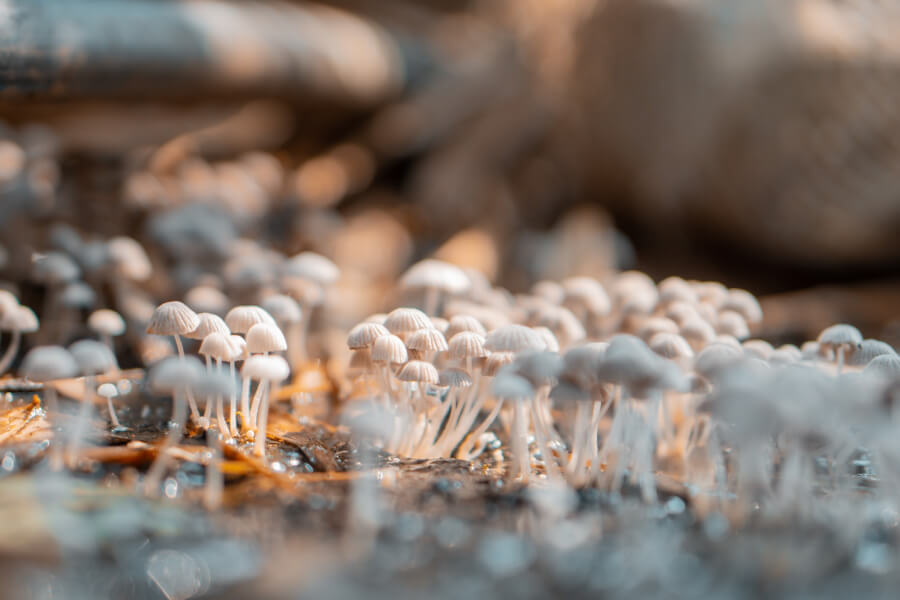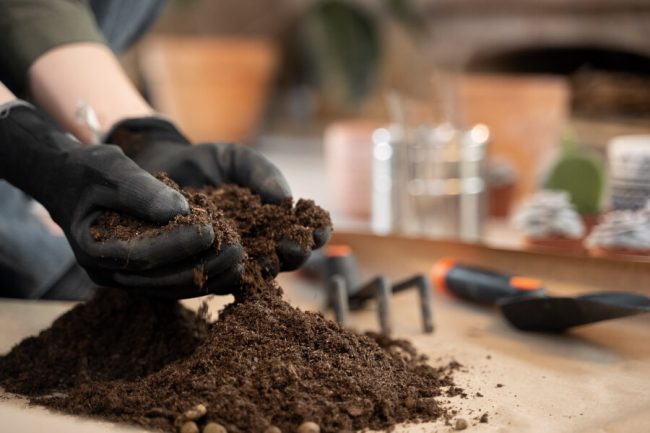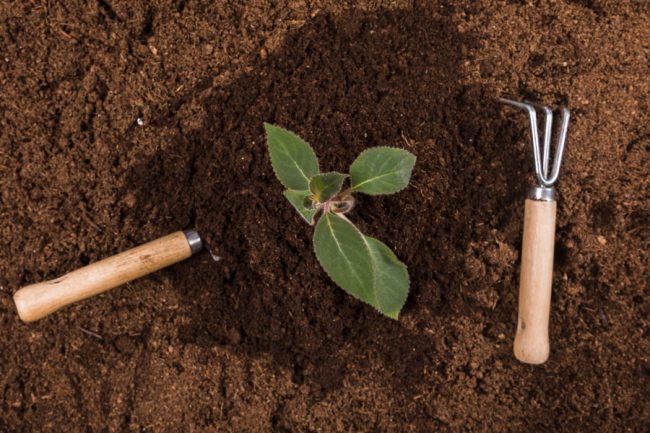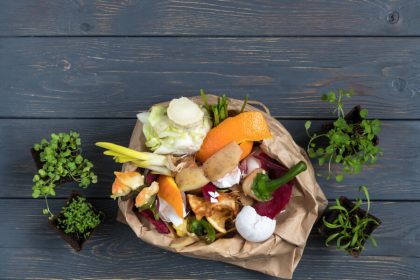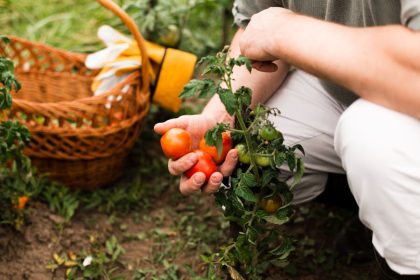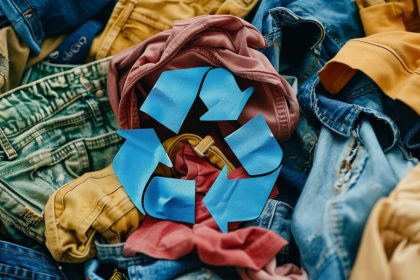As the world turns toward more sustainable practices, the use of mycelium-based solutions is gaining momentum.
Mycelium, the root-like structure of fungi, is proving to be an unlikely hero in the quest for environmental sustainability.
From wellness products to eco-friendly building materials, mycelium-based solutions are offering innovative ways to reduce our ecological footprint and embrace a more sustainable lifestyle.
This versatile and environmentally friendly material is making waves in various industries, including personal wellness, agriculture, and construction.
What Are Mycelium-Based Solutions
Mycelium is the vegetative part of fungi, often compared to the root systems of plants. This naturally occurring organism has been found to possess unique qualities that make it an excellent material for sustainable living.
Mycelium-based solutions harness the power of this organism to create biodegradable, renewable alternatives to traditional products and materials, which are often made from non-renewable or harmful resources.
Because mycelium is fast-growing, requires minimal resources, and breaks down naturally in the environment, mycelium-based solutions offer a wide range of sustainable applications. These include wellness products, packaging, agricultural solutions, and even building materials.
Mycelium-Based Solutions in Wellness and Personal Care Products
One of the most exciting uses of mycelium-based solutions is in the wellness and personal care sectors. These products not only promote healthier lifestyles but also help reduce environmental impact.
The demand for natural, sustainable products has led to a rise in mycelium-based alternatives that are both effective and eco-friendly.
Health Supplements Made from Mycelium
Mushrooms such as lion’s mane, reishi, and cordyceps are already known for their health benefits. These fungi are packed with antioxidants and compounds that can improve immune function, cognitive abilities, and energy levels.
Many of these health benefits are derived from the mycelium of the fungi. By using mycelium-based solutions, we can add these wellness benefits into our daily routines, with the added bonus of sustainability.
Eco-friendly packaging for Wellness Products
In addition to their health benefits, mycelium-based solutions are also revolutionizing packaging. Many wellness brands are turning to biodegradable, mycelium-based packaging to replace plastic.
Unlike traditional packaging, which often ends up in landfills, mycelium-based packaging decomposes naturally, reducing waste and promoting a more sustainable way of living.
This makes it easier for consumers to make eco-conscious choices without sacrificing product quality.
Sustainable Beauty Products
Beauty brands are also adopting mycelium-based solutions to create sustainable, eco-friendly alternatives to artificial materials.
For instance, items like makeup sponges, cotton pads, and even makeup brushes can be made from mycelium-derived products.
These alternatives are not only gentle on the skin but also provide a more sustainable option for beauty enthusiasts looking to reduce their environmental footprint.
Expanding Applications of Mycelium-Based Solutions
Beyond wellness and beauty, mycelium-based solutions are making a significant impact in other sectors, including agriculture and construction.
The potential applications of mycelium extend far beyond personal products, offering innovative, sustainable solutions for industries that are integral to our daily lives.
Sustainable Agriculture: Improving Soil Health
In agriculture, mycelium plays an important role in improving soil health. The mycelial network breaks down organic material, enriching the soil and promoting plant growth.
By using mycelium-based solutions, farmers can improve soil fertility without relying on harmful artificial fertilizers. Additionally, mycelium can serve as a natural pest control solution, providing a more eco-friendly approach to pest management.
Furthermore, mycelium has been shown to help detoxify the soil by breaking down pollutants, making it an excellent tool for promoting healthier, more sustainable farming practices.
By shifting to these mycelium-based solutions, the agriculture industry can reduce its reliance on harmful chemicals and improve food production in an environmentally responsible way.
Eco-Friendly Building Materials
The construction industry is also embracing mycelium-based solutions. Fungal-based materials offer a sustainable alternative to traditional building materials like concrete and insulation.
Mycelium can be used to create biodegradable insulation, bricks, and even structural components for buildings.
These materials are not only renewable but also non-toxic, making them a safer and more environmentally friendly choice for construction projects.
Using mycelium-based solutions in building materials helps reduce waste and lowers carbon emissions during production.
Moreover, mycelium-based products break down naturally at the end of their lifecycle, contributing to a circular economy where materials are reused or biodegraded without harming the environment.
The Environmental Impact of Mycelium-Based Solutions
As we continue to face the challenges of climate change and resource depletion, mycelium-based solutions are an exciting step toward a sustainable future.
Mycelium is naturally biodegradable and can be produced with minimal environmental impact. It grows quickly, requires little water or energy, and doesn’t rely on harmful chemicals.
By using mycelium-based solutions in various industries, we can significantly reduce our reliance on non-renewable resources.
These products offer an eco-friendly alternative to plastic, foam, and other materials that often end up in landfills. Moreover, the use of mycelium helps close the loop of waste by offering a biodegradable, circular alternative to traditional manufacturing practices.
The growing interest in mycelium-based solutions making a shift toward a more sustainable, eco-conscious mindset, both for individuals and industries alike.
By choosing products made from mycelium, we can reduce waste, lower carbon emissions, and contribute to the health of the planet.
Conclusion
Mycelium-based solutions are transforming industries, offering eco-friendly alternatives to traditional products and materials.
Whether it’s in wellness products, sustainable building materials, or agricultural practices, mycelium offers a renewable, biodegradable solution to the environmental challenges we face today.
As we continue to explore the potential of this incredible organism, we can expect to see even more innovative uses for mycelium in the coming years.
By adding mycelium-based solutions to our daily lives, we can help build a more sustainable future for ourselves and the planet.
FAQs
Can fungi be used to grow sustainable materials?
Yes, fungi, particularly their mycelium, can be used to grow biodegradable and eco-friendly materials that replace traditional, harmful products.
What products can be made from mycelium-based materials?
Mycelium-based materials are used to create a variety of products, including health supplements, beauty items, packaging, agricultural solutions, and even building materials.
What are the benefits of mycelium-based products?
Mycelium-based products are biodegradable, renewable, and non-toxic. They are perfect for eco-conscious consumers looking to reduce their environmental impact.
How do mycelium-based solutions contribute to a sustainable future?
By offering biodegradable and renewable alternatives to plastic and other harmful materials, mycelium-based solutions reduce waste, promote a circular economy, and lower carbon emissions, contributing to a more sustainable future.

